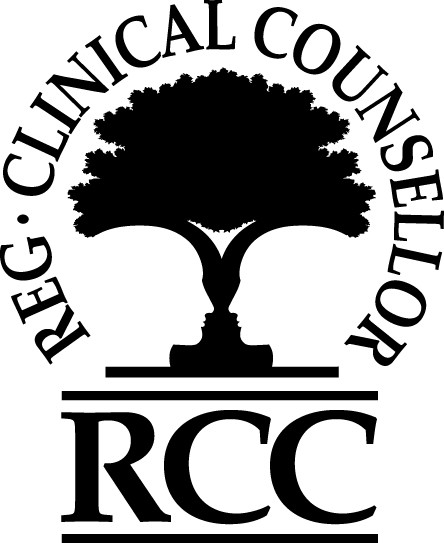
Kirstin McKinnon, Registered Nurse & Registered Clinical Counsellor in Qualicum Beach
My name is Kirstin McKinnon, and I am a Registered Clinical Counsellor (RCC) and a Registered Nurse (RN). I provide counselling for women in Qualicum Beach; both in-person therapy and online counselling. I have a master’s degree in nursing, and trained as a Family Nurse Practitioner. I help women create better emotional, mental, physical, and spiritual wellbeing, by helping them to get unstuck from difficult emotions, regulate their nervous system, create healthier beliefs about themselves, and reconnect with their inner source of wisdom and strength.
My career began as a Registered Nurse in 2006, where I worked in a hospital setting and in public health. In 2011, I completed a master’s degree in nursing and became a Family Nurse Practitioner. Over time, I realized that the aspects I liked most about nursing were forming relationships with clients, helping them to find their strengths, and helping them cultivate better physical, mental, and emotional health. After 17 years of being in the nursing field, I decided to become a registered clinical counsellor to help women feel more empowered to live a healthier, more fulfilling life.
I believe that the purpose of counselling is to learn how to tend to our emotions, to expand our sense of self, and to re-connect with our deepest, authentic self so that we can find a greater sense of peace, meaning, and wellbeing in life. To me, counselling should feel like a receptive, judgement-free conversation between two equals.
There are many different types of counselling therapies. My approach to counselling is primarily a blend of Emotionally Focused Therapy (EFT), Polyvagal Theory, and Visual Journaling.
Emotionally Focused Therapy is a growth-oriented approach that helps people to get unstuck from unhealthy patterns, create more emotional balance, develop a stronger sense of self, tune into one’s inner compass to choose healthier perspectives and responses, and to live more fully alive. EFT helps clients identify and transform negative patterns that create emotional distress within themselves and with their relationships. It focuses on the development of emotional intelligence, awareness, and balance.
Polyvagal Theory provides a pathway to help people develop greater emotional balance, less reactivity, and to re-shape new patterns of their emotions, thoughts, and behaviours. It does so by regulating our nervous system so that we can live more from a place a feeling safe, connected, and engaged, rather than stuck in a survival mode, such as fight, flight, or freeze.
Visual Journaling- this is one of my favourite aspects of counselling (for those who wish to try it)! It is a form of expressive arts therapy. Visual journaling uses imagery to express our thoughts and emotions, and as a pathway to connect with the wisdom of our soul. It is a tool for self-exploration to help us understand our true emotions, to release stress, and to access our internal compass system for guidance and healing. The wonderful news is that you do not need to be an artist to use visual journaling! Everyone has the ability to express an emotion using imagery, whether it be a stick figure or squiggly line. Even such simple images can express much more than what words alone often can.

Kirstin McKinnon,
Registered Clinical Counsellor
& Registered Nurse

